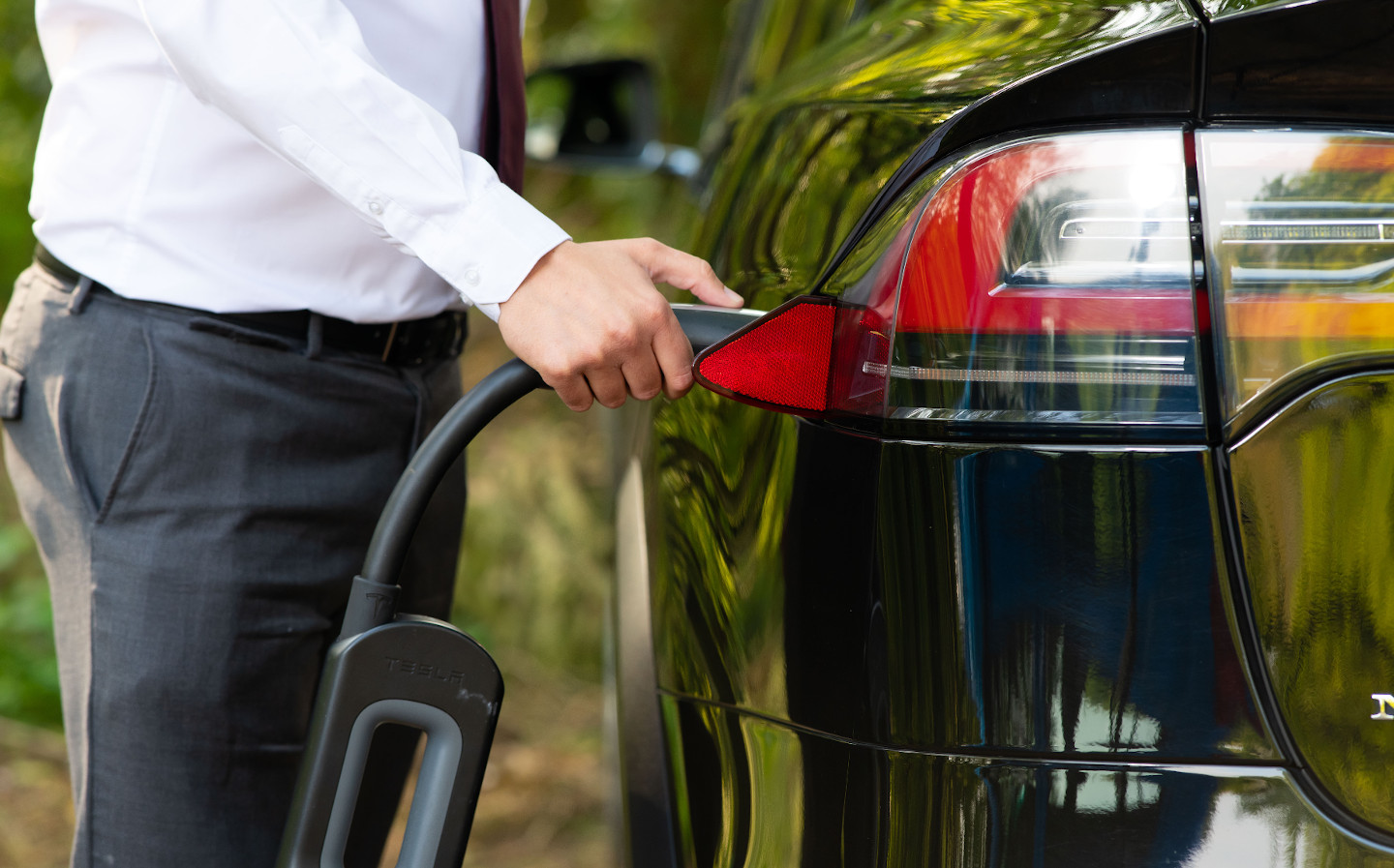Britain has reached 'peak petrol', according to study
Half of UK drivers are considering switch to electric car
NEW RESEARCH has revealed that the UK has reached “peak petrol”, with sales of combustion engine vehicles only set to fall as the country embraces its electric future.
The study, by Deloitte, the auditing and consulting company, estimated that more than two in five (42%) new cars sold in Europe by the end of this decade will be pure-electric. Polling showed that half of UK motorists would consider purchasing an electric vehicle (EV) as their next model.
The research predicted that five territories — the UK, Germany, France, the Netherlands and Scandinavia — would lead the uptake, due to their ability to invest in charging infrastructure and offer financial incentives to those thinking of buying an electric car.
It further estimated that by the end of this year, annual worldwide EV sales will reach 2.5m, rising to 11.2m by 2025 and then to over 30m by the end of the decade.
A ban on the sale of new petrol, diesel and possibly hybrid cars is set to come into effect in the UK in 2035, although this date could be bought forward pending further consultation. The government has signed into law its commitment to reach “net-zero” greenhouse gas emissions by 2050.
Separate analysis by McKinsey has found that the UK is the 12th largest buyer of pure-electric cars in the world, with the number sold this year sitting at nearly 31,000 — nearly triple last year’s figure. This is despite the sales of new cars plummeting during the coronavirus crisis, with registrations falling 97.3% in April.
Though overall sales volumes were low, the Tesla Model 3, the American car maker’s entry-level saloon, was the bestselling car in the UK for the two strictest months of lockdown. Tesla is now classed as the most valuable car company in the world, and posted four profitable months in a row for the first time in its history last week.
However, pure-electric cars still only comprise 4.7% of all the new cars sold in the UK. While this is a huge improvement on last year’s 0.9%, it doesn’t compare to countries such as Norway, where the “penetration rate” for green vehicles sits at around 60%.
A partial reason for the peak of petrol is the coronavirus’ long term impact on sales. Deloitte predicted that sales of new cars will not recover to pre-lockdown levels until 2024, by which time improvements in battery technology and wider production will mean that the price of electric cars will have decreased from current levels. The extra initial cost of EVs compared to their internal combustion engine (ICE) counterparts is often cited as a reason for their comparative unpopularity. A new Peugeot 208 with a diesel engine is around £6,000 cheaper than its electric equivalent, the e-208.
Jamie Hamilton, head of electric vehicles at Deloitte, said: “The outbreak of Covid-19 means we have likely seen petrol and diesel vehicles reach their sales peak, albeit relatively unnoticed. With total annual car sales unlikely to return to pre-pandemic levels until 2024, even if sales growth in the petrol and diesel market returns it is likely to experience a decline in market share thereafter.”
The popularity of diesel has not recovered since the Volkswagen emissions scandal, often referred to as “dieselgate”, shook the automotive world in 2015. In the five years since, it has been variously proven and alleged that a number of other car makers fitted their diesel models with “defeat devices” designed to hoodwink emissions tests.
Tweet to @KieranAhuja Follow @KieranAhuja
https://www.driving.co.uk/car-clinic/guide-electric-motoring-terms/





